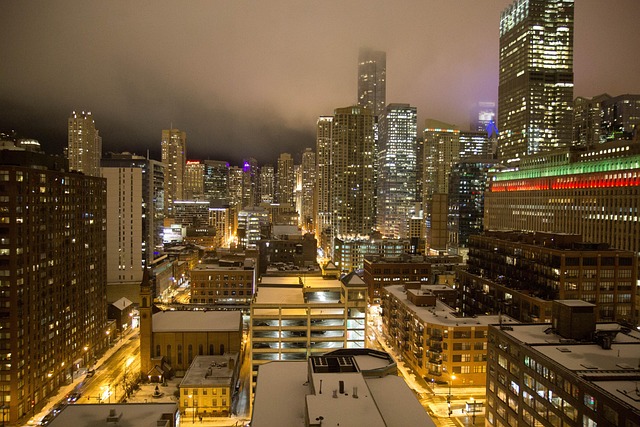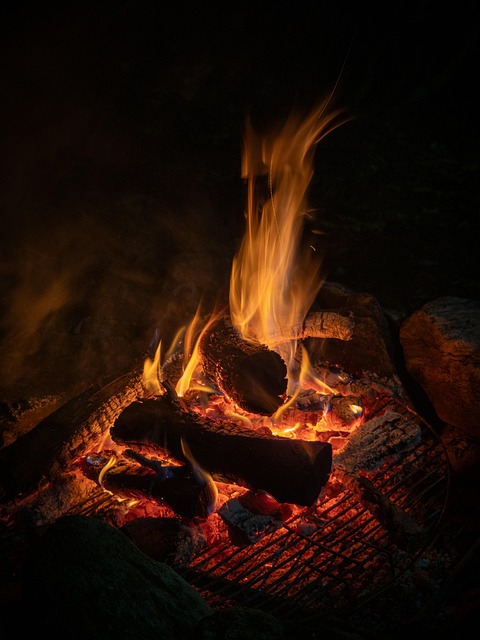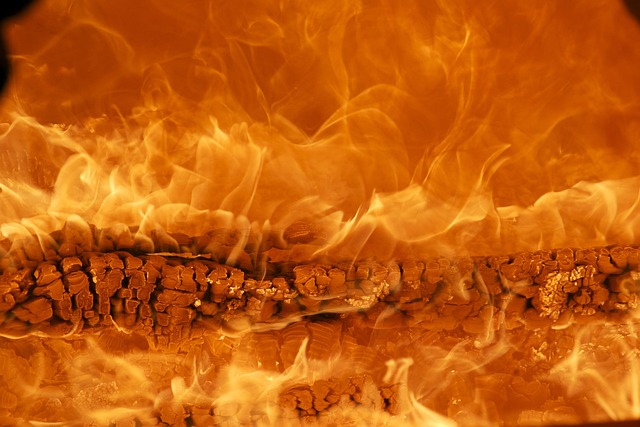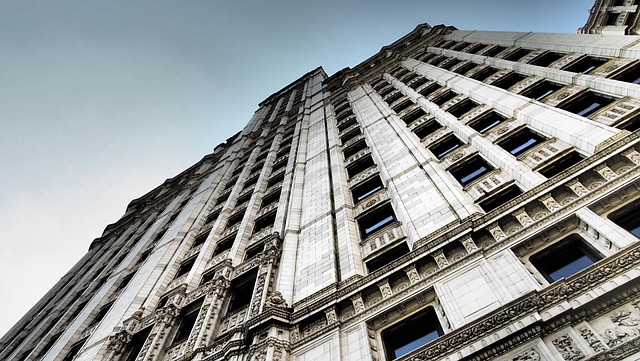Chicago's stringent housing regulations, tailored for selling houses with fire damage, prioritize safety, quality, and fairness. These include strict building codes for repairs, fair housing laws protecting buyers from discrimination, and mandatory transparency about damage history. Navigating these rules involves understanding local codes, seeking expert guidance, obtaining permits, and adhering to inspection standards to ensure compliance, structural integrity, and a competitive market position for sellers.
“Chicago’s housing regulations form a complex yet crucial framework that influences property transactions, from sales to rehabilitation. This comprehensive guide aims to demystify these rules, especially pertinent when navigating the specific requirements for selling a house with fire damage in Chicago. We delve into legal aspects, including permits and inspections, while offering insights on common challenges and best practices for compliance. Understanding these regulations is key to a seamless process for both sellers and buyers.”
- Understanding Chicago's Housing Regulations: A Comprehensive Overview
- What to Know When Selling a House with Fire Damage in Chicago
- Legal Requirements for Property Rehabilitation and Repair in Chicago
- Building Permits and Inspections: Navigating Chicago's Policies
- Common Challenges and Best Practices for Compliance
Understanding Chicago's Housing Regulations: A Comprehensive Overview
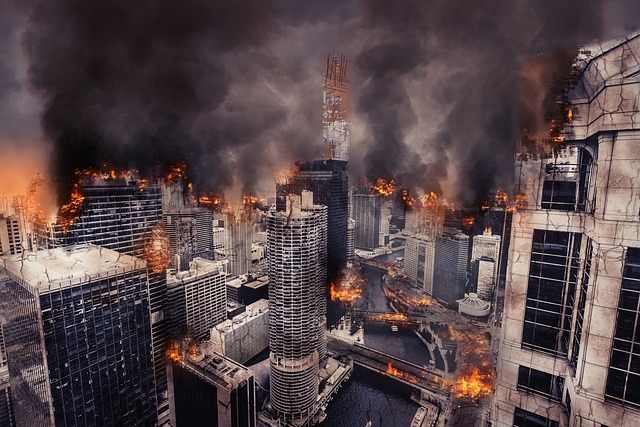
Chicago’s housing regulations are designed to ensure safety, quality, and fairness in the city’s real estate market, especially when it comes to selling houses with fire damage. These regulations cover a wide range of aspects, from building codes to fair housing practices, providing a comprehensive framework for both property owners and buyers. Understanding these rules is crucial for anyone looking to navigate the Chicago real estate landscape, particularly when dealing with properties that have experienced fire damage.
For instance, Chicago has strict guidelines regarding the repair and rehabilitation of buildings, including those affected by fires. Sellers must comply with safety standards set by the city, ensuring any structural issues or hazards are addressed before putting a property on the market. Additionally, fair housing laws protect buyers from discrimination based on various factors, including past disasters like fires. This ensures that sellers can offer their damaged properties without facing unfair barriers, fostering a transparent and equitable selling process for all involved parties in Chicago, especially when dealing with fire damage issues.
What to Know When Selling a House with Fire Damage in Chicago
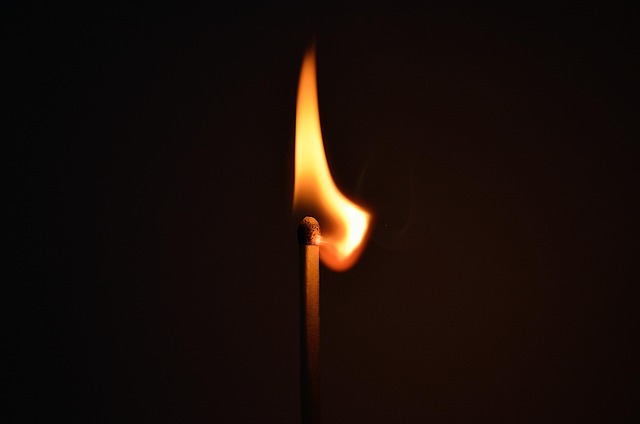
When selling a house with fire damage in Chicago, there are several key considerations to keep in mind. First and foremost, understand that properties damaged by fires are subject to specific regulations set forth by the city. These regulations aim to ensure the safety of future occupants and can impact repairs, renovation processes, and even resale value. Chicago’s building and safety codes dictate what needs to be done to make a property fire-safe, including structural repairs, replacement of electrical systems, and updates to heating and cooling units.
Before listing your home, consult with local building inspectors or contractors familiar with Chicago’s housing regulations. They can guide you through the necessary steps for repairing and certifying the safety of your property. Additionally, be transparent with potential buyers about the fire damage history and any ongoing repairs. This transparency builds trust and helps set clear expectations, which is crucial in navigating the selling process when dealing with fire-damaged real estate in Chicago.
Legal Requirements for Property Rehabilitation and Repair in Chicago
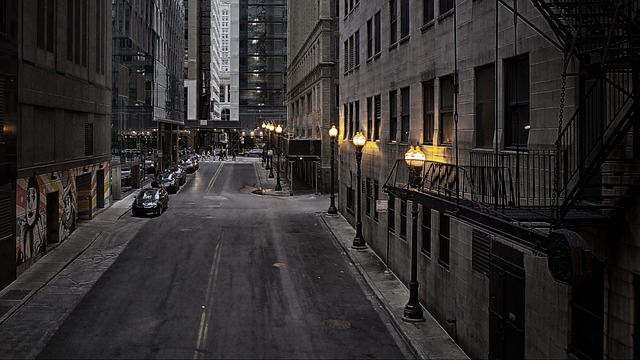
In Chicago, property owners have a legal obligation to maintain their buildings and ensure they meet safety standards, especially when dealing with fire damage. If a home has sustained fire damage and is being prepared for sale, owners must adhere to specific rehabilitation and repair regulations set by the city. These requirements are in place to protect buyers and ensure the structural integrity of the property.
The Chicago Building Code outlines comprehensive guidelines for repairing and rehabilitating buildings, including those with fire damage. This code mandates that any repairs or renovations be done in compliance with safety standards, using materials that meet or exceed local regulations. For selling houses with fire damage in Chicago, it’s crucial to consult with professionals who understand these legal requirements to ensure the work is done correctly and up to code.
Building Permits and Inspections: Navigating Chicago's Policies
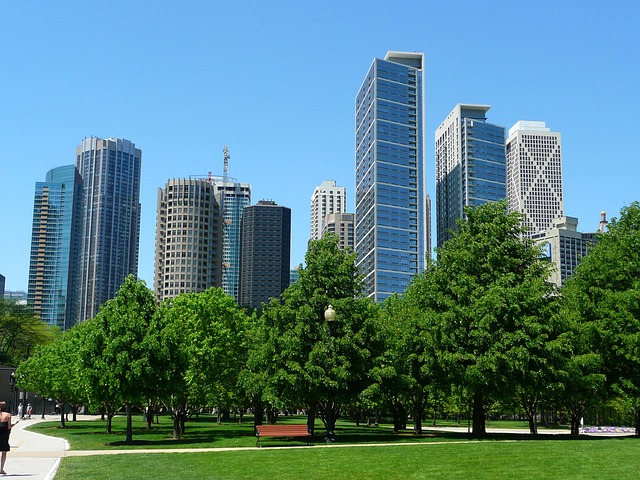
Selling a house with fire damage in Chicago involves navigating strict building permits and inspections. The city’s policies are designed to ensure safety and compliance with construction standards, especially for properties that have undergone significant structural changes due to disasters like fires. Prospective sellers must obtain necessary permits for any renovation or repair work before putting their property on the market.
Chicago’s Department of Building and Zoning offers resources to guide homeowners through the process. This includes obtaining building permits for rebuilding efforts, conducting inspections to verify code compliance, and potentially facing fines for non-compliance. For homes with fire damage, specific attention is given to structural integrity, electrical systems, and any needed upgrades to meet current safety standards. Understanding these regulations is crucial when preparing a house with fire damage for sale in Chicago, ensuring both legal compliance and attractive market presentation.
Common Challenges and Best Practices for Compliance
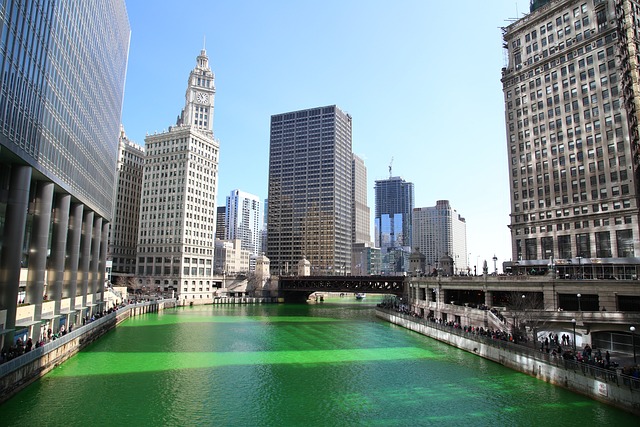
When it comes to selling a house with fire damage in Chicago, navigating the city’s housing regulations can present unique challenges. One of the primary hurdles is ensuring compliance with local building codes and safety standards, which often involve significant repairs and renovations. Homeowners must carefully assess structural integrity, electrical systems, plumbing, and overall habitability before proceeding with the sale. Many older homes in Chicago, especially those affected by fire, may require substantial updates to meet modern codes, posing a financial burden for sellers.
Best practices for compliance include obtaining thorough inspections to identify all necessary repairs, working with licensed contractors familiar with Chicago’s regulations, and keeping detailed records of all work done. Transparent communication with potential buyers about the history of fire damage and the extent of renovations is crucial. Additionally, staying up-to-date on city-specific programs or grants that aid in repairing damaged properties can significantly ease the financial load. These strategies not only ensure a smoother selling process but also contribute to creating a safe and compliant living environment for future residents.
Chicago’s housing regulations are a comprehensive set of guidelines designed to ensure safe, habitable living conditions. From understanding specific rules around fire damage during sales, to navigating building permits and inspections, property owners and sellers must stay informed. By adhering to legal requirements for rehabilitation and repair, and being aware of common challenges, individuals can navigate Chicago’s housing landscape with confidence, ultimately fostering a safe and vibrant community. For those considering selling a house with fire damage in Chicago, these regulations provide a framework to ensure a smooth transition while prioritizing the well-being of future residents.



